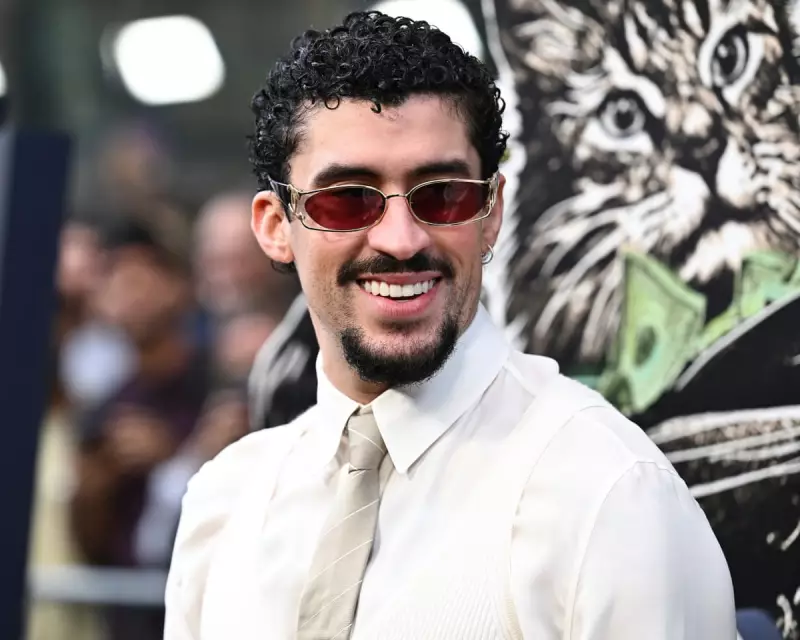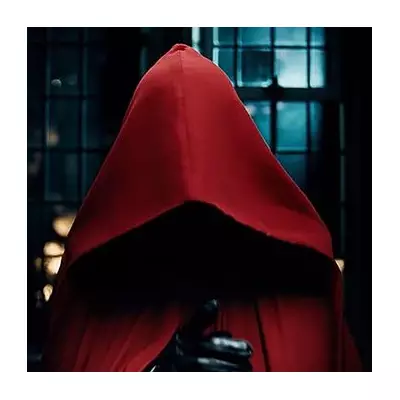
In one of the most politically charged Super Bowl halftime performances in recent memory, Puerto Rican reggaeton sensation Bad Bunny used music's grandest stage to deliver a stunning rebuke to South Dakota Governor Kristi Noem during Super Bowl LIX.
A Halftime Show That Transcended Entertainment
The highly anticipated performance took an unexpected political turn when Bad Bunny incorporated direct references to Governor Noem, who has recently faced significant criticism over her controversial memoir and policy positions. While maintaining the high-energy spectacle expected of a Super Bowl show, the artist seamlessly wove political commentary into his set.
Eyewitnesses reported that the Allegiant Stadium in Las Vegas experienced a palpable shift in atmosphere as the performance's political dimension became apparent. The moment created an immediate buzz across social media platforms, with viewers divided over the appropriateness of political statements during what is traditionally pure entertainment.
Immediate Fallout and Divided Reactions
Conservative commentators were quick to condemn the performance as an inappropriate politicisation of a national sporting event. "Using the Super Bowl as a platform for political attacks undermines what should be a unifying national moment," argued one political analyst on Fox News following the show.
Meanwhile, supporters celebrated Bad Bunny's bold stance, praising him for using his platform to address political issues. Many noted this continues his history of incorporating social commentary into his music and public appearances.
The Broader Context of Celebrity Political Engagement
This incident reflects the increasingly blurred lines between entertainment, sports, and politics in contemporary American culture. Previous Super Bowl halftime shows have occasionally touched on social issues, but rarely with such direct political targeting of a specific elected official.
The NFL has historically maintained strict control over halftime content, making the inclusion of such overt political commentary particularly noteworthy. League representatives have yet to issue an official statement regarding the performance's content.
What Comes Next?
The aftermath of this controversial performance raises several important questions:
- Will the NFL implement stricter controls over future halftime content?
- How will Governor Noem and her team respond to the very public criticism?
- Does this mark a new era of political expression in major sporting events?
- What impact might this have on Bad Bunny's relationship with corporate sponsors?
As the dust settles on Super Bowl LIX, one thing remains clear: Bad Bunny's halftime show has ensured this year's event will be remembered not just for the athletic competition, but for its potent collision of politics and popular culture.





